Daniel Fieldsend’s Locãl is a unique and timely look at Liverpool Football Club in the context of the city in which it resides. How a city built a club, and how a club shaped a city.
Locãl: A club and its city: Liverpool’s social history, by Daniel Fieldsend
At some time in the not-too-distant future, someone is looking back on Curtis Jones’ wonder-strike against Everton and realising how obvious it was that this teenager from Toxteth would become a star of the Liverpool first team.
Back in the present, Liverpool manager Jurgen Klopp and the player know there is plenty of work to do to make sure that future is not derailed.
As Klopp commented in his post-match press conference following that FA Cup Third Round tie: “He will be a Liverpool player if nothing strange happens, 100 percent.
“He’s an unbelievable player, Scouser, very confident, can’t wait to play in the first team.”
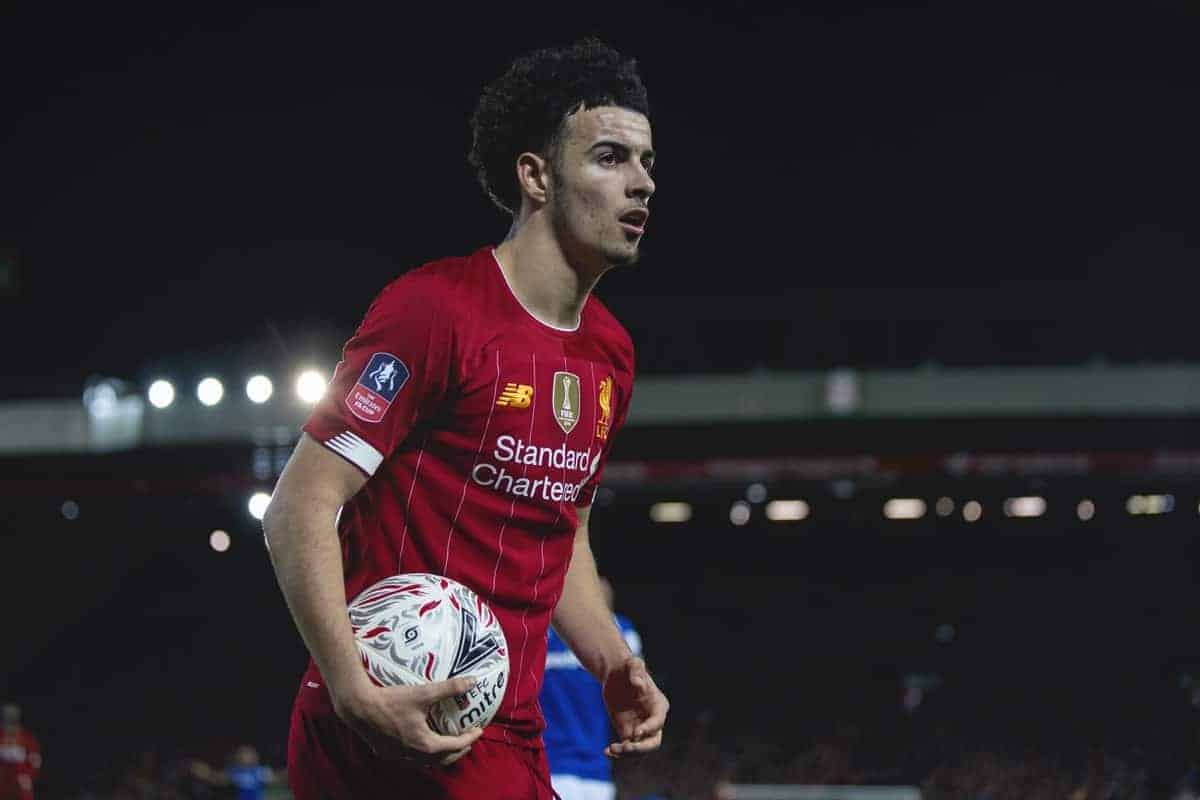
While Klopp was dealing with yet another press conference at the tail end of a busy festive period, Jones himself was speaking to an ever-interested media.
Many questioned the 18-year-old’s accent, and a number of those websites which end with the word “bible” or “lad” wrote articles solely on how he sounded in his post-match interview, but the curios were helped out by a number of Liverpudlians who informed them that it is simply a Scouse or, more specifically, a Toccy accent.
Just like listening to the crackly tapes of a band called the Quarrymen playing at some house in Menlove Avenue, Woolton, or watching the early Premier League footage of a footballer named Steven Gerrard from Whiston; location and origin is a big part of any success story, and it’s especially important in Liverpool.
Locality
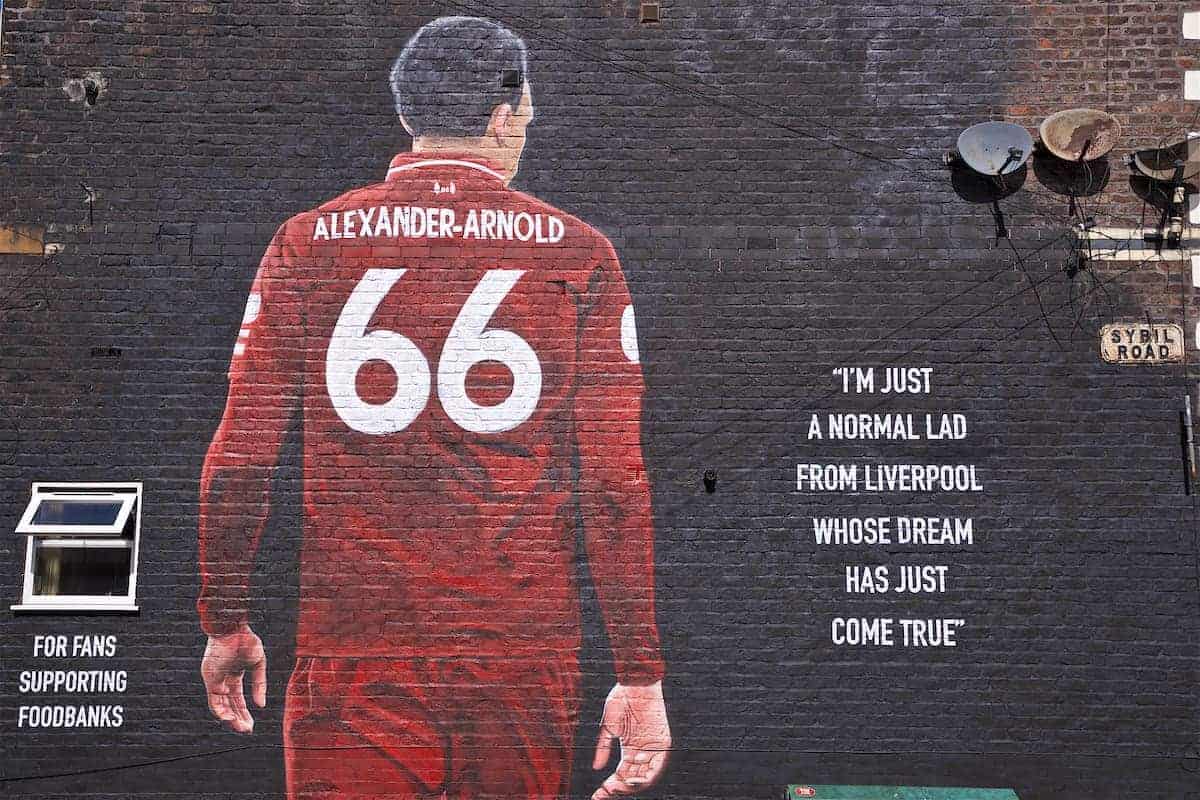
Locãlity gives a football club its identity. This doesn’t mean that the players, or indeed the manager, all have to be from the city or town in which the club employing them resides, but it helps if they buy into it, else what is to differentiate one hyper-capitalist football club from the next?
Fieldsend’s previous book, The European Game, looks at what makes some of the best clubs around Europe tick, and what makes them unique in a football landscape which is in increasing danger of becoming a group of identikit businesses.
Behind the scenes at these clubs, there are powers at work which are bigger than the capitalism which threatens them, and Locãl is an in-depth look at this in the case of Liverpool.
At its most joyous football is about a community of like-minded people coming together and supporting a cause and an identity in the form of a football team. The beautiful game is so because there is more than one way to play it, and it is this which allows a local identity to be expressed on the football pitch.
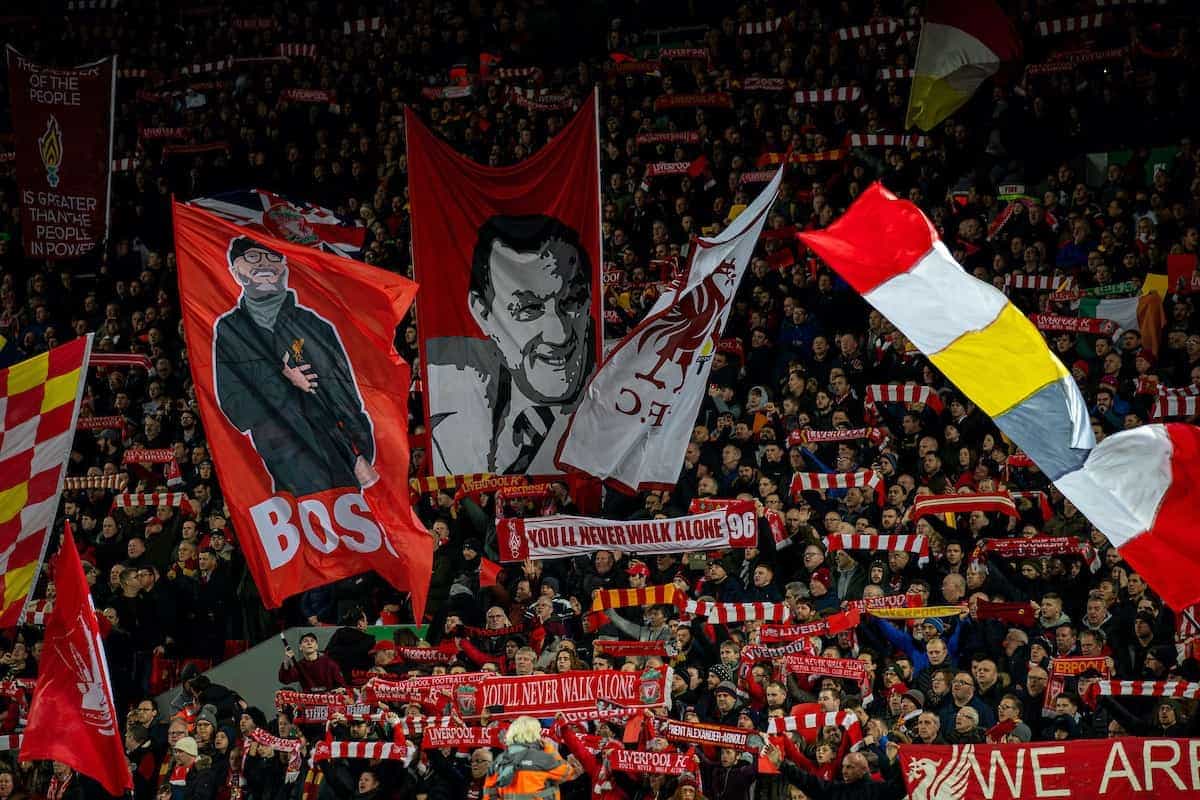
From Uruguay to Germany, players have traits linked to their place of birth, and when they sign for Liverpool these are then adapted to their new surroundings, but many find little adaptation is required.
It helps massively that Liverpool is an outward-looking city, so players from different cultures and nationalities can easily make themselves at home if they are willing to learn even just a little bit about it.
As a seaport, Liverpool has from an early age welcomed and adopted people, workers, and creators from around the world.
Its early professional football teams had a distinct Scottish presence, and the city itself often has more in common with the country to the north of the island, as well as Ireland and Wales, than it does with England, and at times it can feel like the city almost merges with Dublin across the Irish Sea.
Liverpool FC has gone on to receive players from far and wide, from South Africa to the United States, and from Brazil to Japan.
Pride

There are two types of national pride, or to use a more appropriate phrase, civic pride. One is an isolated, secluded, exclusive arrogance which refuses to open its doors to other people and actively dislikes some of those already inside. It is hostile to outsiders and inside a dangerous animosity festers.
The other is proud of what it is and wants other people to come in and enjoy it, influence it, and help it grow.
In many ways, Liverpool is its own nation, and daubed around its streets is a fair amount of the second type of national pride, from Madryn Street, Dingle (Welsh, and the birthplace of Ringo Starr) to Chinatown, it’s more of an international pride.
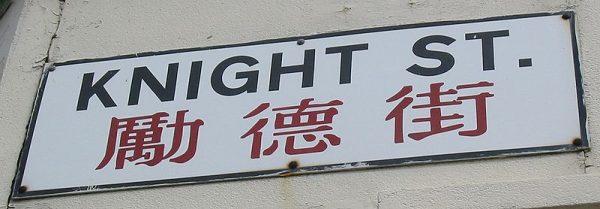
And speaking of Scottish voices and Liverpool, the current leader of the SNP, Nicola Sturgeon, often reflects similar internationalist views to Liverpool’s when discussing her party’s desire to break from the increasingly right-wing controllers in Westminster.
The open, inclusive, civic, internationalist Scottish independence movement that I’m so proud to be part of could not be further removed from this insular, inward looking, blue passport-obsessed nonsense. Never has ‘stop the world, Scotland wants to get on’ felt more relevant. https://t.co/GuVdYqdEiM
— Nicola Sturgeon (@NicolaSturgeon) December 22, 2017
Scotland Road, so named due to being a stagecoach route north, became an industrial working-class hub with a strong Irish influence, and the Liverpool Scotland constituency in which it resided was served by an Irish Nationalist MP, Thomas Power O’Connor, from its creation in 1885 until O’Connor’s death in 1929.
“Scotland Road was Far from Utopia, it was tough, policemen patrolled its dim lights in groups,” points out Fieldsend, showing there is a tough truth behind some of this nostalgia.
“There was a transparent refusal to accept authority for those who lived cramped within it – the community was self-governed.
“But it was also a mesmerisingly warm and buzzing place for those who knew it and understood how to live there.”
Though Liverpool can feel detached from the rest of the UK it is not hostile to it.
It has close links to the county of Lancashire in which in many ways it still resides despite the creation of Merseyside and Greater Manchester in 1974. But like many port cities around the world, it has more in common with foreign lands than it does with the parts of its own country which try to control it, and in some cases have tried to run it down.
Locãl
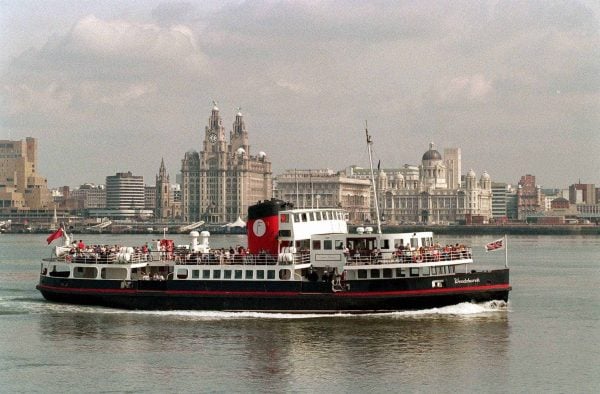
“Liverpool’s most important street wasn’t Church Street or Bold Street, but the sea itself.”
This isn’t just a book for people from Liverpool to read and reminisce, it’s one for anyone who wants to understand this outstanding and unique city. This book will make the city’s inhabitants proud to live there, in the unlikely event they weren’t already, and outsiders excited about visiting.
Someone who has never walked Liverpool’s streets will have numerous questions when they do for the first time. Some of the answers are obvious, others more complex, but the answers, and the working out, are all in here.
What is Liverpool’s identity? Locãl gives the most comprehensive answer to this question by investigating what produced this city and its people, and how the city and its people helped produced its football team(s).
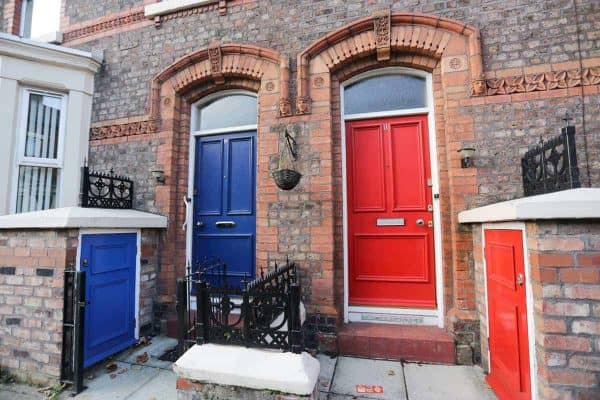
The book is subtitled “a club and its city” but, like all the best sports writing, its easy to forget that this book is about sport at all. It’s a social history and a social commentary which uses a football club, a city, and a people to tell it.
It takes us right up to the present day and a Champions League parade which saw almost a million people, not all from Liverpool, take to the streets as Liverpudlians to welcome a football team which once again defines its city.
“I think for me, being a young lad, a local lad and playing for the team that I love and the fans that I love, it’s massive,” said Club World Cup winner Curtis Jones after scoring against Everton seven months later.
Liverpool’s next chapter could be defined by a teenager from Toxteth. For the definition of Liverpool (FC), see: Locãl.
* You can purchase Locãl, here.
* Read an extract from Locãl here.
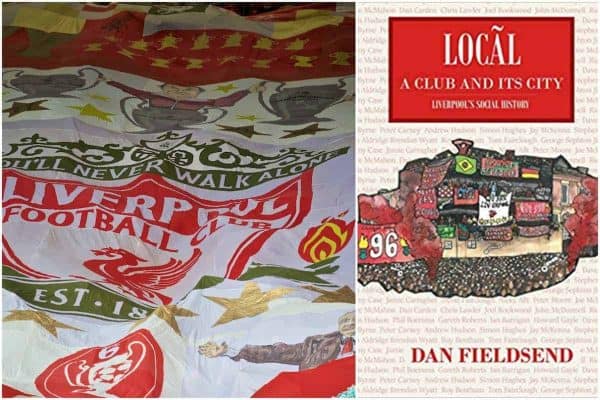



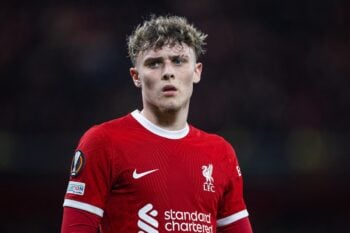
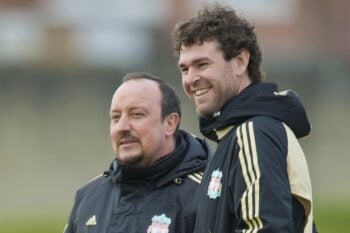

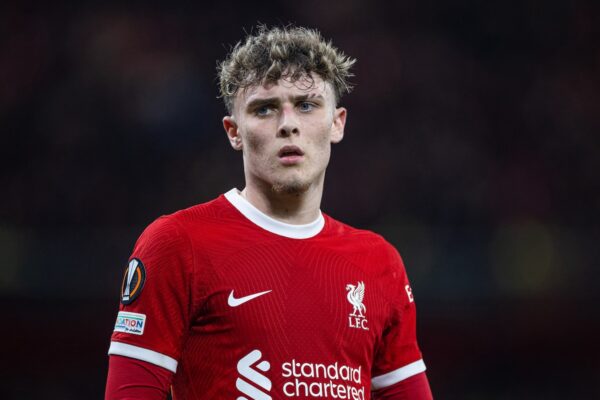
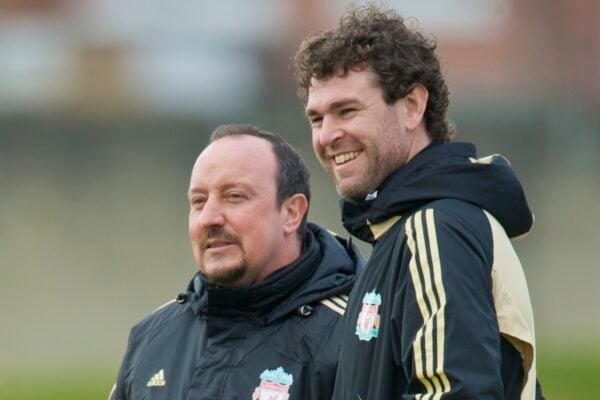

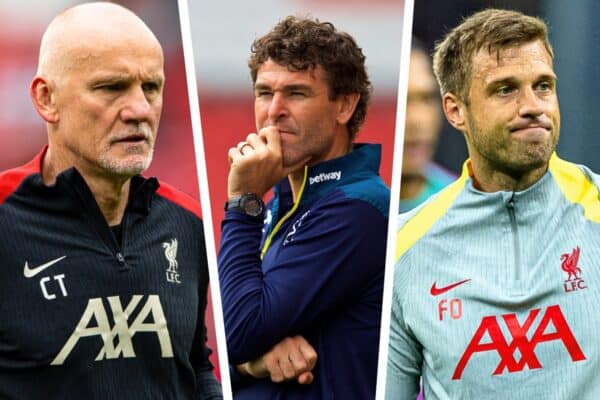

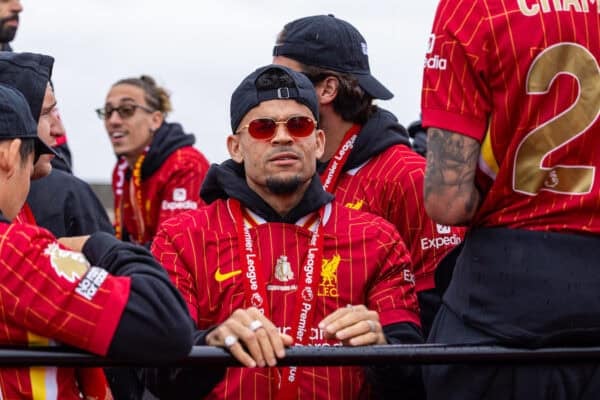
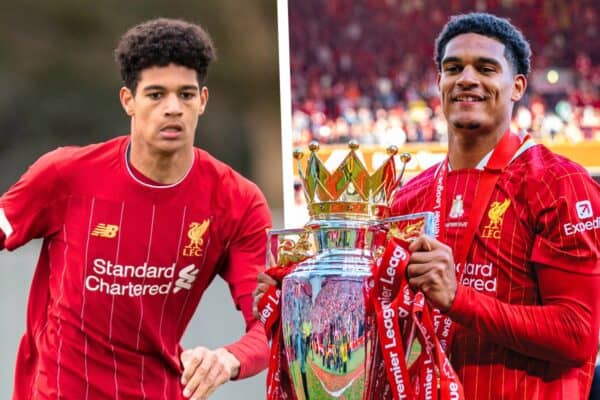
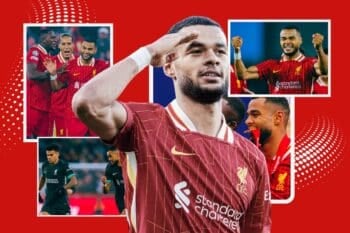


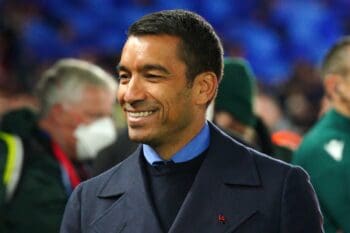
Fan Comments